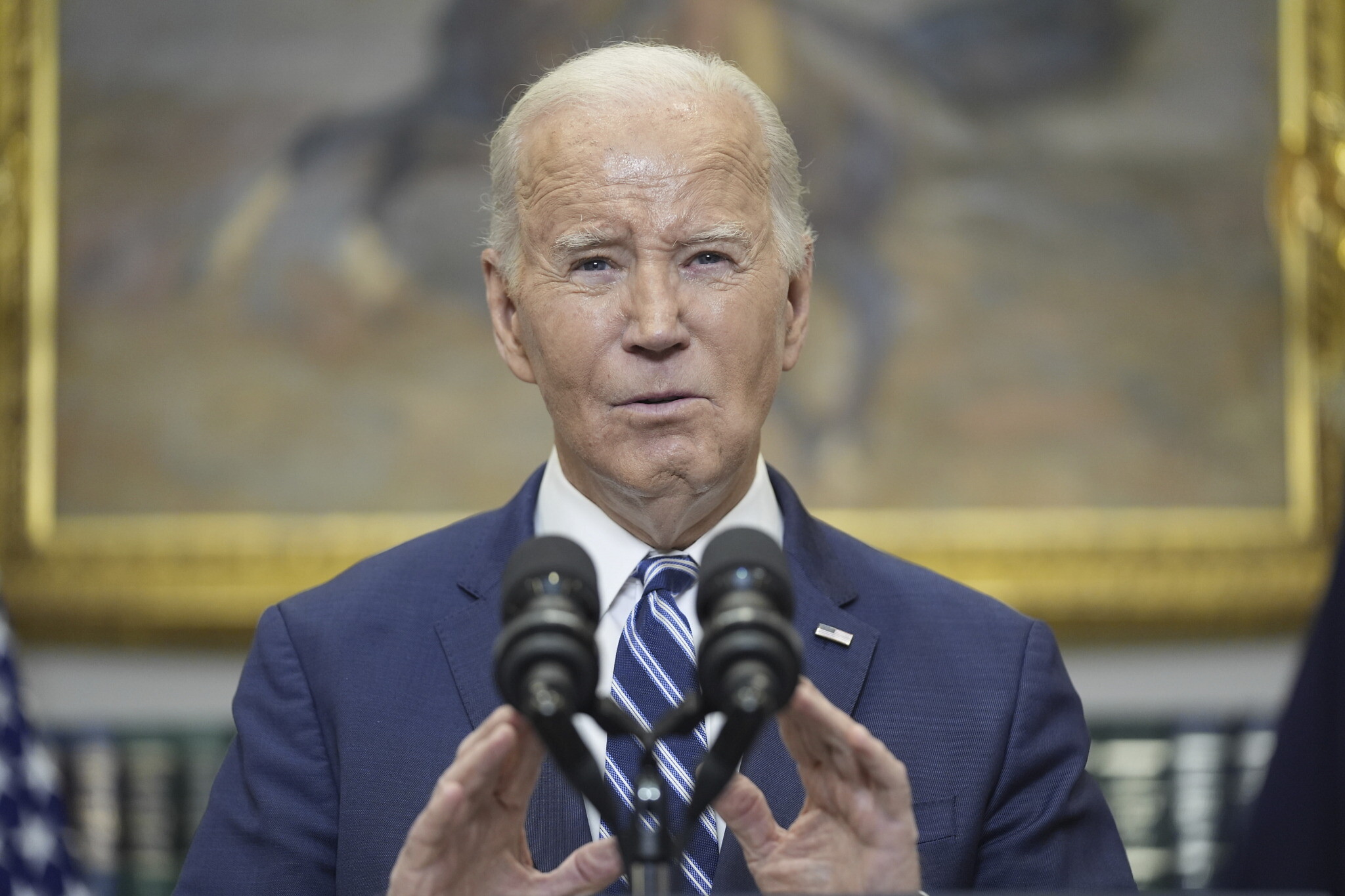In light of escalating discourse regarding Israel’s proposed invasion of Rafah, under the auspices of mitigating the threat posed by Hamas, the America Israel Public Affairs Committee (AIPAC) has undertaken a concerted lobbying effort within the corridors of Congress to garner support for the operation. Citing an imperative to dismantle Hamas, AIPAC contends that a direct incursion into Rafah represents the sole viable course of action, asserting the inadequacy of alternative strategies such as commando raids and arms embargoes in effectively neutralizing the organization.
Conversely, a growing chorus of dissent within Washington has manifested in vocal opposition to Israel’s intended military maneuver. President Joe Biden has notably articulated reservations, signaling a potential cessation of heavy weaponry provisions in the event of operational escalation. This sentiment was further echoed by a coalition of 57 House Democrats, who articulated their collective disapproval of an offensive incursion into Rafah through a formal missive to the President, beseeching him to reconsider ongoing arms shipments to Israel. The Biden administration’s subsequent decision to suspend one consignment of offensive armaments underscores the gravity of these concerns, while signaling a recalibration of U.S. policy vis-à-vis Israeli military engagements.
Central to AIPAC’s advocacy narrative is the portrayal of the impending invasion as a delimited intervention targeting Hamas operatives, with purported provisions for the establishment of humanitarian enclaves to accommodate displaced Palestinian civilians. However, recent imagery depicting the aftermath of Israeli airstrikes evinces a starkly contrasting reality, punctuated by scenes of civilian casualties and infrastructural devastation. Such dissonance underscores the inherent complexities and ethical quandaries underpinning contemporary asymmetrical warfare.
Moreover, AIPAC endeavors to justify the necessity of sustained military engagement in Gaza by emphasizing Hamas’s obstinate refusal to relinquish hostages captured in prior engagements. This assertion, while germane to the broader context of ceasefire negotiations, is counterpoised by Israeli Prime Minister Bibi Netanyahu’s unequivocal resolve to proceed with the invasion irrespective of diplomatic overtures. Such divergent perspectives underscore the multifaceted nature of the geopolitical calculus informing regional dynamics in the Middle East.
In summation, the discourse surrounding Israel’s proposed incursion into Rafah reflects a confluence of divergent viewpoints and strategic imperatives. As stakeholders navigate the complex terrain of international relations, the imperative remains to adjudicate between competing interests while upholding the principles of humanitarianism and international law.















































